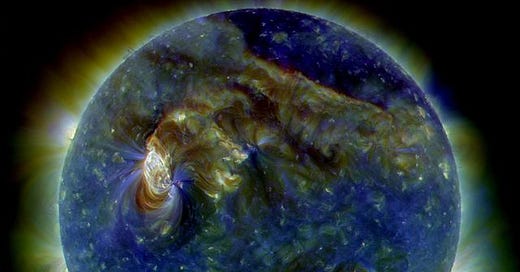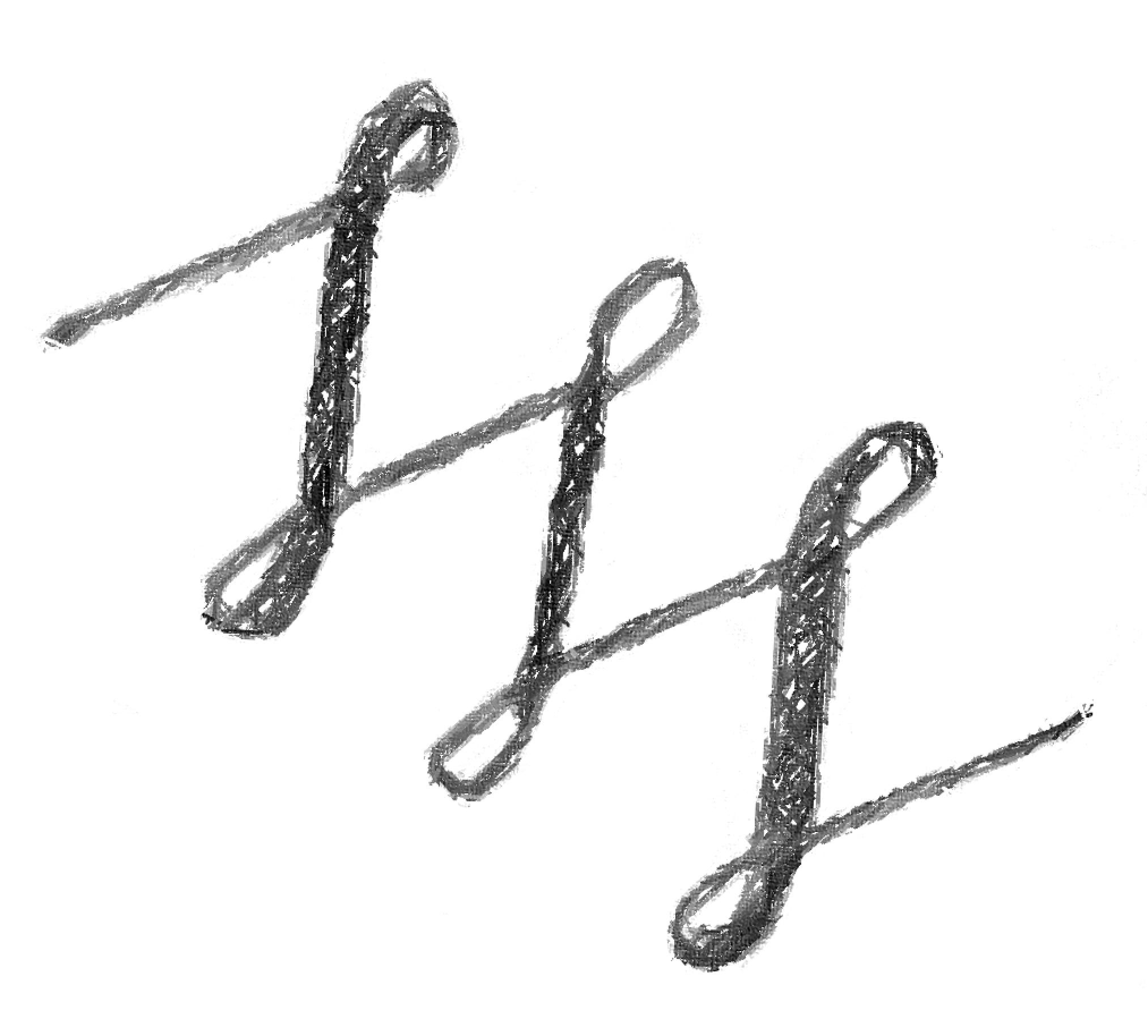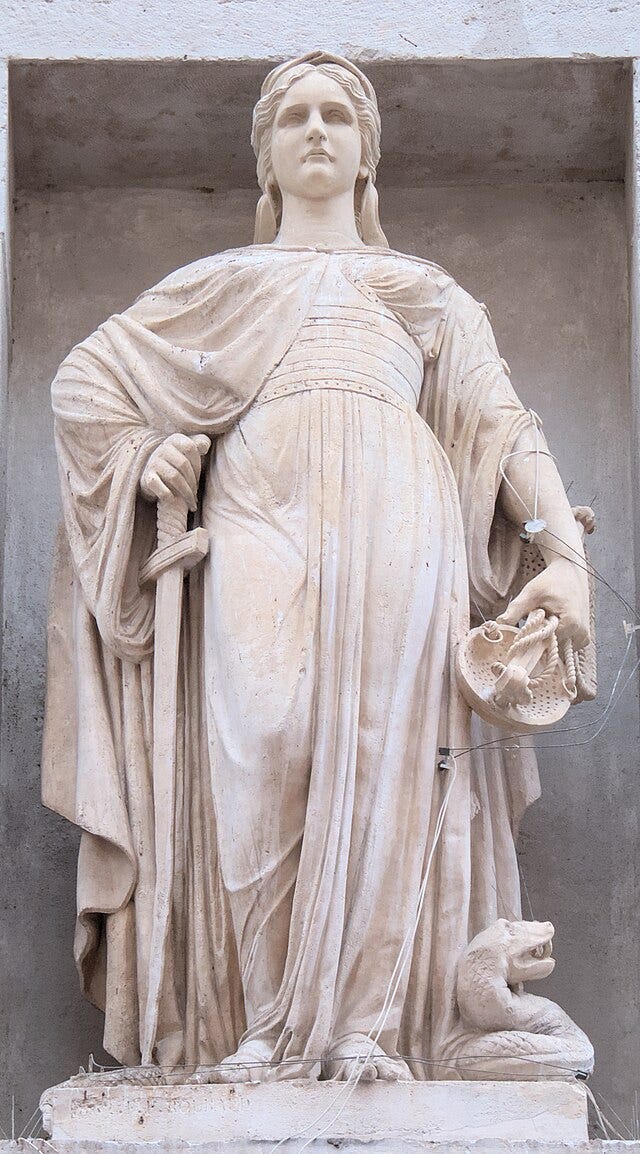Hi all,
Welcome to new subscribers. We’re glad you’re here! Thank you for joining us for today’s song, “Living Planet”, by Jay Mankita, sung by the American folk duo, Magpie. If you’d like to hear the song before you read about it, I’ve included a YouTube video below the article.
Below, you’ll find my interpretation of the lyrics which are written in italics. Comments and questions are welcome. For Japanese students, vocabulary words in bold are provided in Japanese below. TOEIC (PBT) 450+, Eiken 2, CEFR B1.
You can listen to each article of “Social Issues in Song” on the Substack App.
(546 words)
The song Living Planet is a deep wish for peace, justice, and freedom. It was written by Jay Mankita in 1990 and is sung here by Terry Leonino and Greg Artzner. The song has a simple pattern. Let’s look at it in some detail.
The first line says, If all the world were peaceful now and forever more. “Forever more” just means forever. Then, Peaceful at the surface, and peaceful at the core. Here, “on the surface” means the things that you can see, for example, a world without conflicts. What does “at the core” mean? I think it means societies in which the people themselves feel at peace.
The next line says, All the joy within my heart would be so free to soar. So, the song is saying that if we lived in that kind of peace, we would feel joyful and free, as though we were flying.
And we're living on a living planet, circling a living star
The chorus is hopeful that human beings will make progress in the future. If we live true to ourselves and allow others the same, we can create the world we want to live in.
I don't know where we're going, but I know we're going far
We can change the universe by being who we are
And we're living on a living planet, circling a living star
The second verse has the same pattern as the first. Here, the song talks about justice. Justice is the way we treat others in a fair and equal way. It’s about making sure that everyone takes responsibility for their actions. For example, if you steal something, you should return the item and apologize. If you don’t, then the community will need to take action to stop you. Justice is also about giving others a chance to have opportunities like you do so that they can try to be the best they can be on and equal playing field.
The last verse talks about freedom. Most of us have an idea of what freedom is. Freedom means you can make your own choices. You can choose where to go, what to do, and how to live your life, as long as it doesn’t hurt anyone else.
Freedom also comes with responsibility. We need to be careful about the choices we make. We should obey the local laws and be kind and respectful to others. However, if we don’t agree with a law, there are things we can do to change it. For example, we can vote, write letters to our lawmakers, or express our disagreement in other, peaceful ways.
The last chorus changes a bit. It’s saying that we humans have made mistakes. For example, we have used too many of the Earth’s resources and have polluted the planet. We need to make better choices so that we can help the Earth to heal.
I don't know where we're going, but I know we’ve gone too far
We can heal this planet by changing the way we are
[It’s] Time to heal this living planet
This song imagines a world where people live in harmony with the planet and with each other, enjoying justice and freedom in society at every level. We can achieve this if we work together.
Question
Peace, justice, and freedom are three values we find in this song. What other values can you find here?
Vocabulary
soar 舞い上がる
to circle 巡る
justice 正義
steal 盗む
obey 従う
respectful 敬意を払う
heal 癒す
I believe that education should be free.
All of the articles about the songs will remain free for students to use. (We are all students, are we not?) However, if you find these articles useful and are in a position to make a small (or large) donation, I would be deeply grateful.







